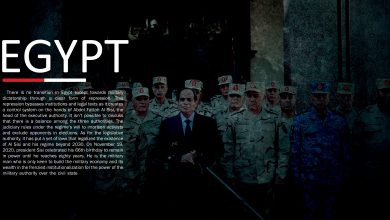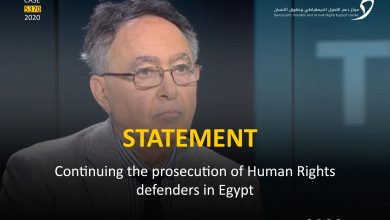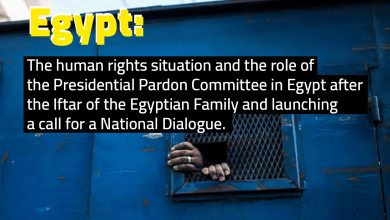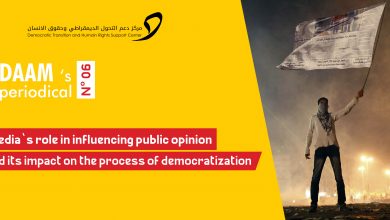Recommendations of Democratic Transition Forum
DAAM center with the cooperation of Friedrich Naumann for freedom organized the first session of Democratic Transition Forum on Monday May 15th, 2017 in which the first publication of Democratic Transition Support Papers, entitled “Eastern Libya: Civilian State Caught in the Crossfire of Militarization and Extremism”, was discussed.
The paper dealt in particular with the situation of individual and public rights and freedoms in Eastern Libya based on a review of some recent related facts and decisions.
The paper also observed the relationship between the so-called Madkhalist-Salafist and official institutions in Eastern Libyan (security, military, and executive). During this session, the paper was discussed based on human rights approach and a political vision was presented. The session also touched upon a very important axis: “The contradictions of combating terrorism and building security institutions in Libya and the role of neighboring countries.”
Through this paper the researchers focused their efforts to present a report on relevant facts without any analysis or recommendations in order to be a source for a collective discussion with experts and specialists (politicians, activists, academia) in an attempt to re-read the paper and formulate analyzes and recommendations in a participatory manner that DAAM center tried to draft, as a result of the interventions and discussions that occurred in the forum on May 15th, 2017 , as follows:
On the level of human rights’ path:
– Review of decree No. 7/2017 issued by General Abdul Razek al-Nadori, the military ruler of the area extending from Darnah to Ben-Jawad, on the abolition and addition of the provision of Resolution No. 6 and the requirement of prior security approval for the travel of all Libyans from the age groups 18 to 45 which restricts the right of Libyan citizens in eastern Libyan to travel, as well as it sets obstacles to the work of civil society organizations.
– To work on supporting Libyan activists and set guarantees for their security and personal safety, as well as human rights organizations’ activities.
– To work on controlling the performance of the Libyan media and reduce the calls to promote hatred and violence, and send messages to calm and accept dialogue.
– To support cultural and community activities that have a civic nature, whether cultural, artistic, or human rights, as well as to focus on the sector of youth entrepreneurship in Libya to develop the spirit of innovation.
On the level of political and security’s path:
– The powers of the Endowments and Islamic Affairs Committee should be reviewed and declared explicitly as well as the existing designations and their issued statements and purifying their contents from all letters of atonement and incitement to hatred and violence.
– Adopt specific and transparent mechanisms to rebuild the security and military institutions and work to contain alternative institutions from armed formations that believe in the state and its institutions, and to establish specific criteria for the integration of militias and armed battalions into a regular national army
– Review the criteria through which individuals and bodies of the executive and security authorities are designated.
– Rely on the institutional system and not on people in the establishment of national state institutions.
– Encourage various Libyan initiatives to bring about a breakthrough in dialogue.
– Work to unify the international position, which has become a stumbling block in the face of peace in Libya.
– Work to unify the international position which has become a stumbling block in the face of peace in Libya.
– Work to eliminate all parallel systems within Libyan institutions.
– Work with parliament to organize the security and military systems regarding the structure, chain of command, etc.
– Work to limit the incursion of extremist currents within the security and military institutions, especially after the spread of those currents within security institutions all over Libya, whether the interim government or the presidential council and the reconciliation government, as well as the rescue government.
– Consider the establishment of a conditional item concerning the lifting of the arms embargo on Libya based on clear and precise criteria related to security institutions reform, the promotion of the rule of law, and the respect for human rights in accordance with international standards and with the supervision of civil society in order to ensure that these weapons do not reach extremist groups in the future.





